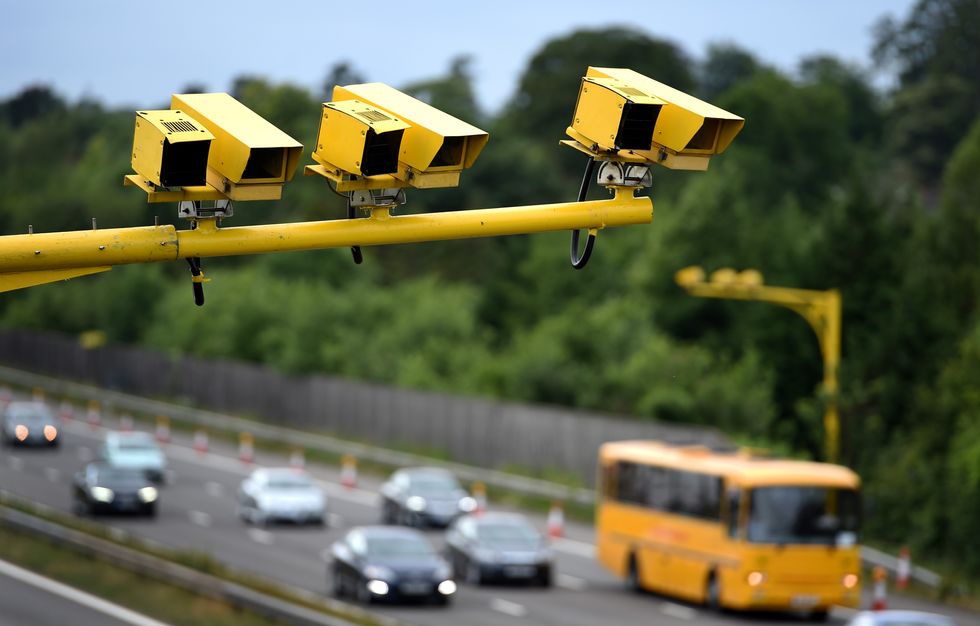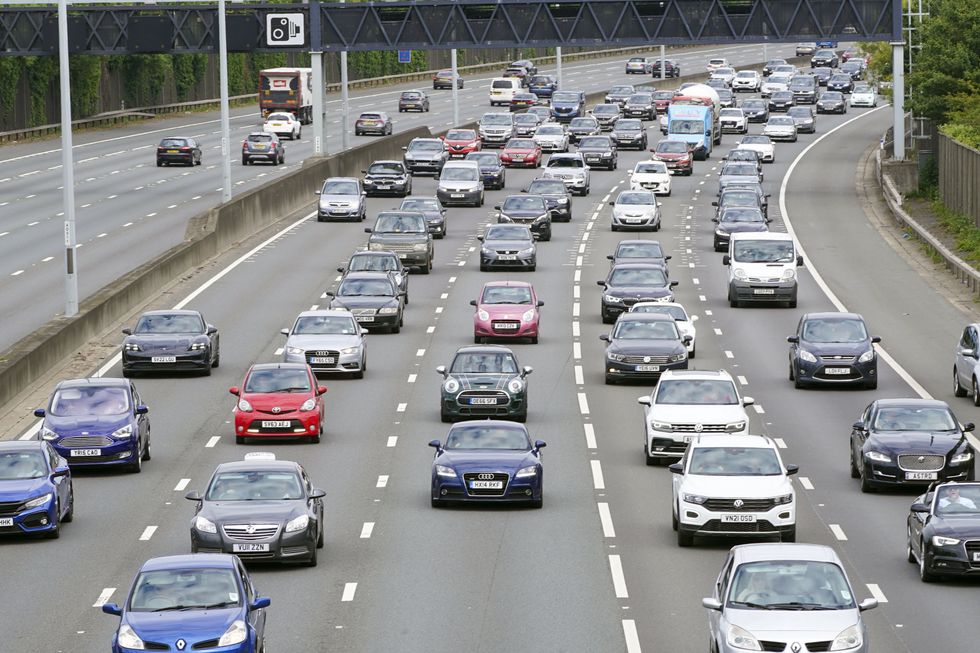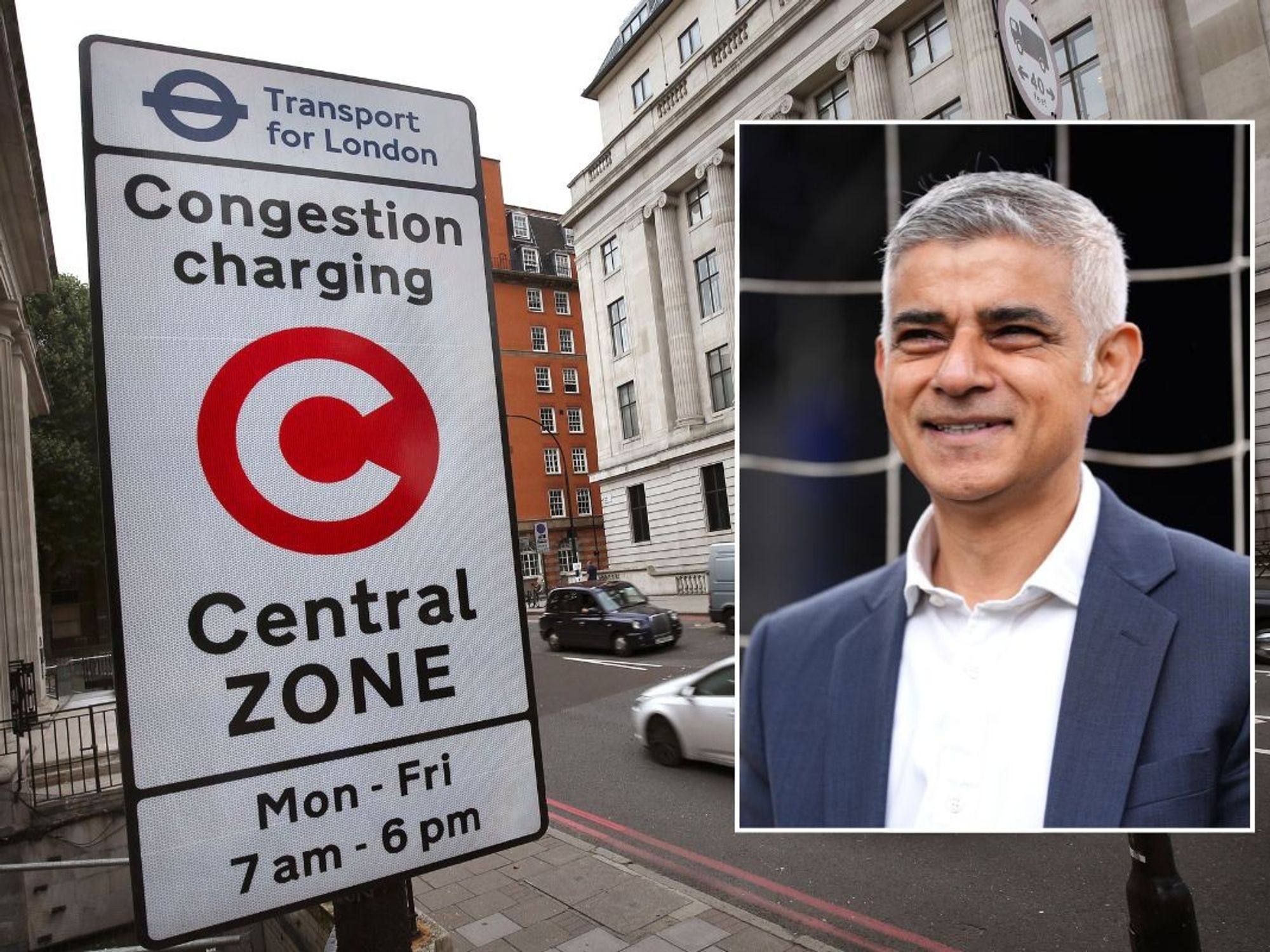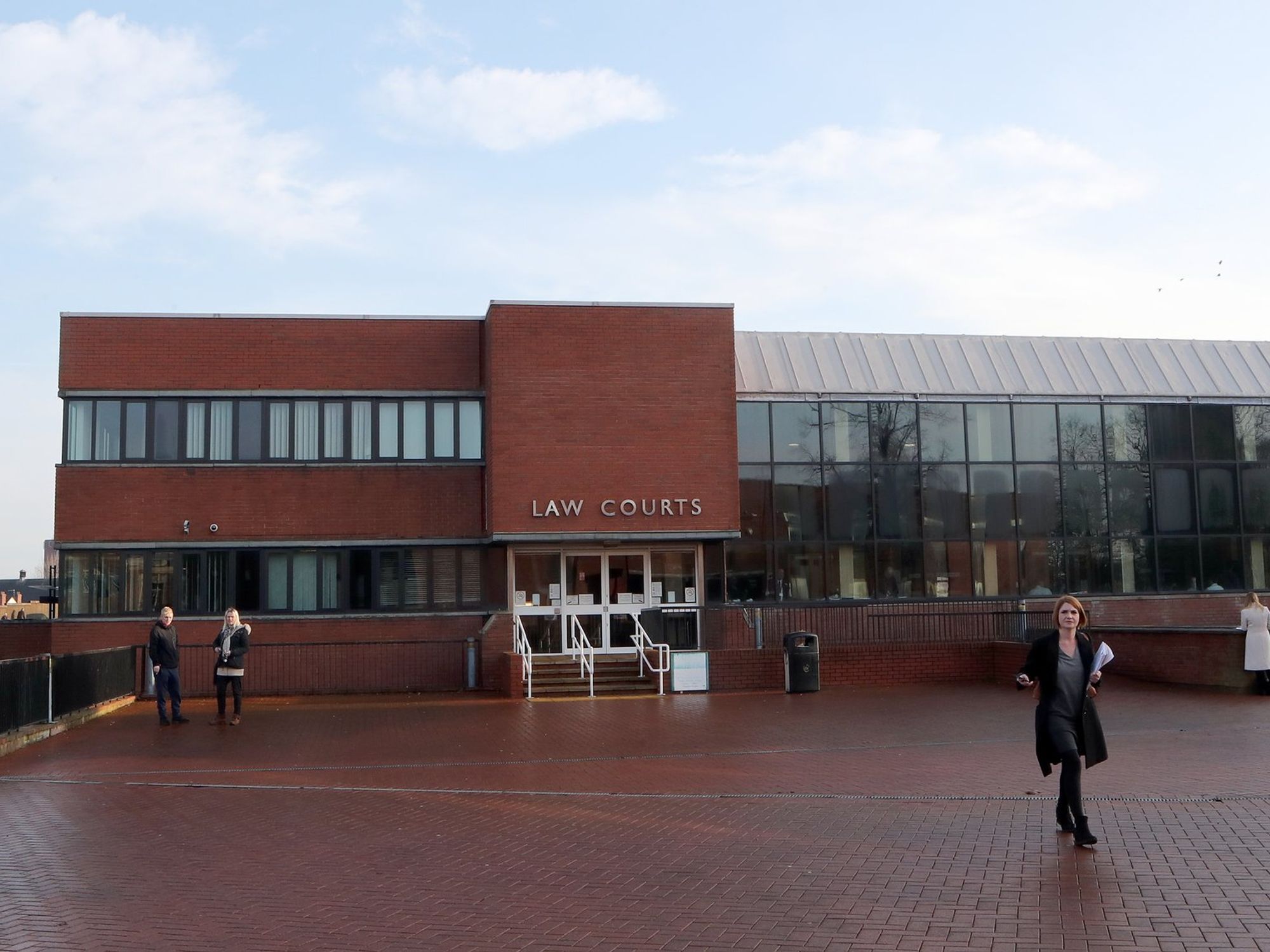Rachel Reeves urged to use ANPR cameras to roll out pay-per-mile taxes that could save drivers money

The report states that pay-per-mile taxes could also reduce congestion
Don't Miss
Most Read
Rachel Reeves has been urged to introduce pay-per-mile road pricing in this week's Budget as experts insist it could see drivers charged less tax.
The proposal, put forward by the think tank Policy Exchange, highlighted the benefits of the new tax scheme which could use Automatic Number Plate Recognition (ANPR) cameras to detect whether the tax has been paid.
The suggested scheme comes despite the Treasury insisting it was not looking to introduce such measures in the upcoming Autumn Statement.
Speaking to GB News, a spokesperson for the Treasury said: "We have no plans to introduce road pricing. We are committed to supporting our automotive sector as we transition to electric vehicles in order to meet our legally binding climate targets."
Do you have a story you'd like to share? Get in touch by emailing motoring@gbnews.uk

ANPR cameras capture number plates to issue fines
| PAProposals from the think tank suggested that if the new taxes were to be announced at this year’s Budget, most motorists would pay less tax while saving the Government between £15billion and £30billion annually.
It could also boost the UK economy by between 0.5 and one per cent of GDP annually while providing income to help offset losses from the shift to electric vehicles. Policy Exchange claimed this approach would help incentivise drivers to travel during quieter periods and on less congested roads.
Andrew Gilligan, former transport adviser to Boris Johnson and co-author of the report, told the Telegraph: "The policy case for road pricing is unanswerable – the main barrier is the politics."
He urged politicians to address this "vital change" promptly, as delaying action could make implementation more challenging.
The report revealed that road pricing has been discussed by various Governments over the last 60 years with Boris Johnson's Government coming close to launching a consultation on replacing fuel duty in late 2021.
Policy Exchange noted that the change could initially be voluntary for petrol and diesel vehicles, with drivers choosing between distance-based pricing or fuel duty. Those opting for road pricing would receive a rebate on fuel duty paid.
In the foreword of the report, Edmund King, president of the AA, said: “It is time for the country and our politicians to start seriously debating how we fund roads and sustainable transport in the future.
“It offers attractive possibilities to make the tax system more flexible and responsive to the needs of road users. For instance, it could offer free credits or compensation for excessive or overrunning roadworks.”
The think tank warned that without road pricing, the shift to electric vehicles could cost £40billion in lost revenue, potentially requiring a 6p to 7p increase in basic rate income tax to compensate.
The report provided scenarios illustrating how different drivers might be affected financially. In one case, it stated that a retired rural driver with average mileage would pay £532 annually, compared to £745 under the current system. A rural tradesperson would pay £850, down from £984.
However, it did acknowledge that some drivers would face higher costs. A haulage driver covering 125,000 miles yearly, for example, would pay £13,750, up from £10,663. Similarly, an electric vehicle commuter driving into a congested town thrice weekly would see costs rise from £190 to £812.
Meanwhile, a London Zone 4 commuter who drives to work five times a week would pay £1,570, an increase from £984 under the present system. King explained that road pricing could bridge the gap between declining fuel duty revenue and the rise of electric vehicles.
LATEST DEVELOPMENTS:

Pay-per-mile taxes could help reduce number of cars on the road
| PADiscussing how road pricing would be charged, the paper said that the existing ANPR cameras used throughout the UK should be leveraged. Currently, these systems use cameras to capture a vehicle’s number plates and determine whether there has been a traffic breach with a subsequent fine issued.
The report added that the ANPR technology should be used in “compliance with the new charging regime, along with a penalty regime sufficient to help deter non-compliance.”
Referencing the existing road pricing in Singapore, cars are fitted with “in-vehicle units” that communicate with microwave beacons installed at gantries around the city. Drivers have a prepaid smart card which is charged when they drive through a gantry.
If a smartcard is not inserted or has an insufficient balance, a set of enforcement cameras registers the vehicle’s number plate and a fine is issued.










